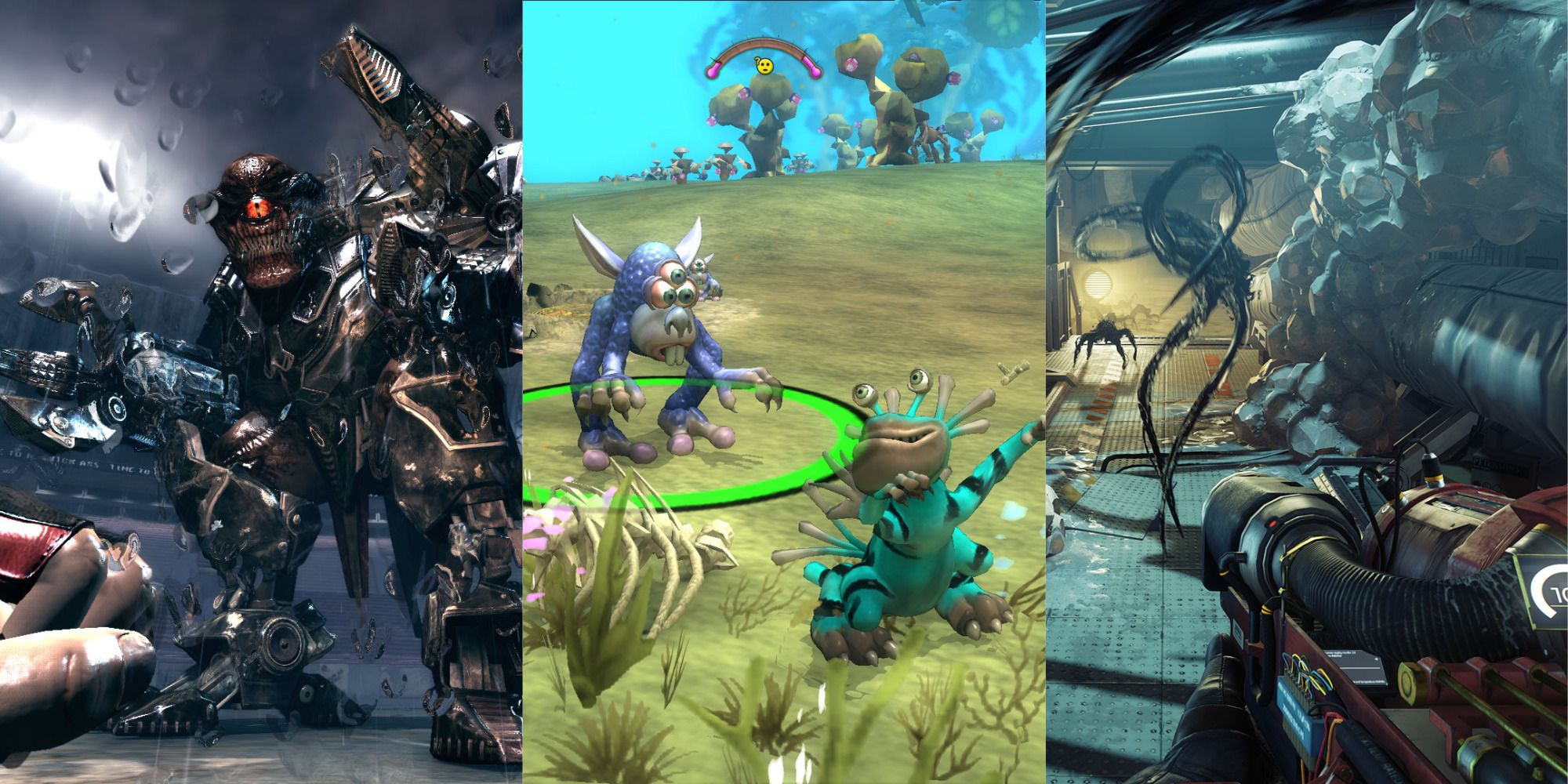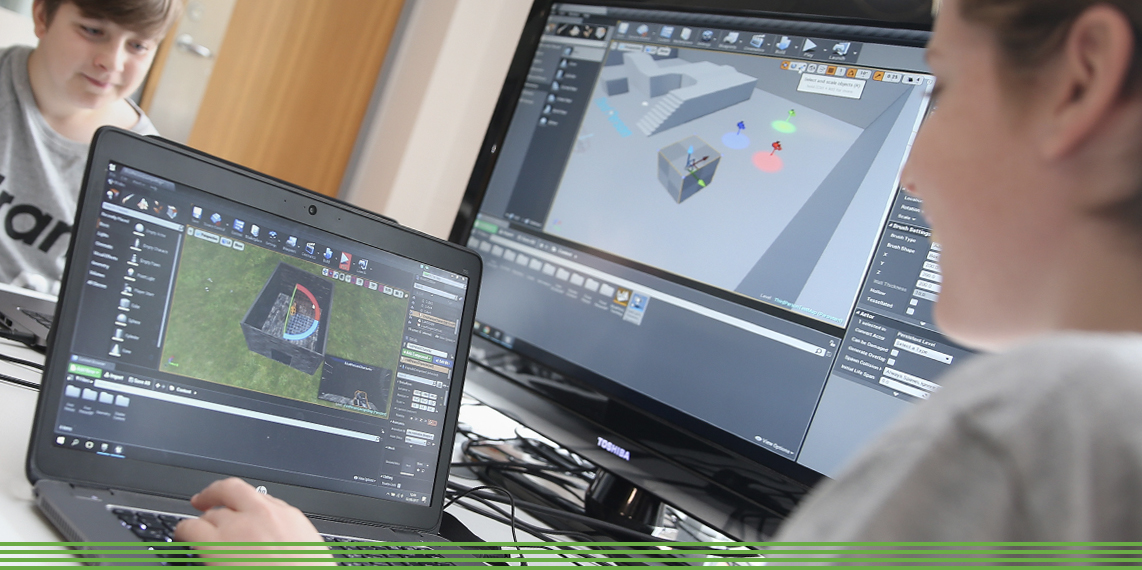Creating a video game is an intricate process that involves multiple stages, each critical to bringing a concept to life. Stepico, a renowned game development company, offers a comprehensive overview of the game development stages to help aspiring developers understand the journey from concept to completion. This article explores these key stages, highlighting Stepico’s expertise and approach.
Concept and Planning
The first stage in game development is concept and planning. This phase involves brainstorming ideas, defining the game’s core mechanics, and outlining the target audience.
Idea Generation: Every game starts with an idea. This could be a new twist on a classic genre, an innovative gameplay mechanic, or a compelling story.
Concept Document: Once the idea is refined, it is documented in a concept document. This outlines the game’s vision, gameplay elements, art style, and target demographic.
Project Plan: A detailed project plan is created, including timelines, resources, and budget estimates. This plan ensures the project stays on track and within budget.

Pre-Production
In the pre-production stage, the groundwork for the game is laid out. This involves creating prototypes, setting up the development environment, and planning the technical architecture.
Prototyping: Prototypes are developed to test key gameplay mechanics and ensure they are fun and engaging.
Technical Specifications: The technical specifications of the game, including the choice of game engine and tools, are determined.
Art and Design: Initial sketches and concept art are created to establish the visual style of the game.
Production
Production is the most intensive phase of the game development stages, where the actual creation of the game occurs. This involves coding, designing, and continuous testing.
Coding: The game’s codebase is developed, with programmers working on the game mechanics, physics, and AI.
Art and Animation: Artists create detailed assets, including characters, environments, and animations. This stage brings the game’s visual elements to life.
Level Design: Level designers build the game’s levels, ensuring they are balanced and engaging.
Sound Design: Sound designers develop the game’s audio, including music, sound effects, and voice acting.
Testing
Testing is a critical part of the game development stages, ensuring the game is free of bugs and offers a smooth player experience.
Quality Assurance (QA): QA testers play through the game to identify and report bugs, glitches, and other issues.
Playtesting: External playtesters provide feedback on the game’s mechanics, difficulty, and overall enjoyment.
Iteration: Based on the feedback and bug reports, the development team makes necessary adjustments and improvements.

Launch
Once the game has passed rigorous testing, it is ready for launch. This stage involves final preparations and marketing efforts to ensure a successful release.
Marketing and Promotion: A marketing campaign is launched to generate buzz and anticipation for the game.
Distribution: The game is distributed across various platforms, such as Steam, consoles, and mobile app stores.
Launch Day: On launch day, the game is made available to the public. The development team remains on standby to address any immediate issues.
Post-Launch
The post-launch stage involves ongoing support and updates to keep the game fresh and engaging for players.
Patch Updates: Regular patches are released to fix any remaining bugs and introduce new features.
Content Updates: New content, such as levels, characters, and events, is periodically added to keep players engaged.
Community Engagement: Developers interact with the player community to gather feedback and build a loyal fanbase.
Conclusion
Understanding the game development stages is crucial for anyone looking to break into the industry. Stepico, a leading game development company, excels in navigating these stages, delivering high-quality games that captivate and entertain. From concept and planning to post-launch support, each stage is meticulously executed to ensure the final product is polished and successful. Whether you are an aspiring developer or an avid gamer, appreciating the complexity and effort behind game development enhances your understanding and enjoyment of the games you love.
Comments